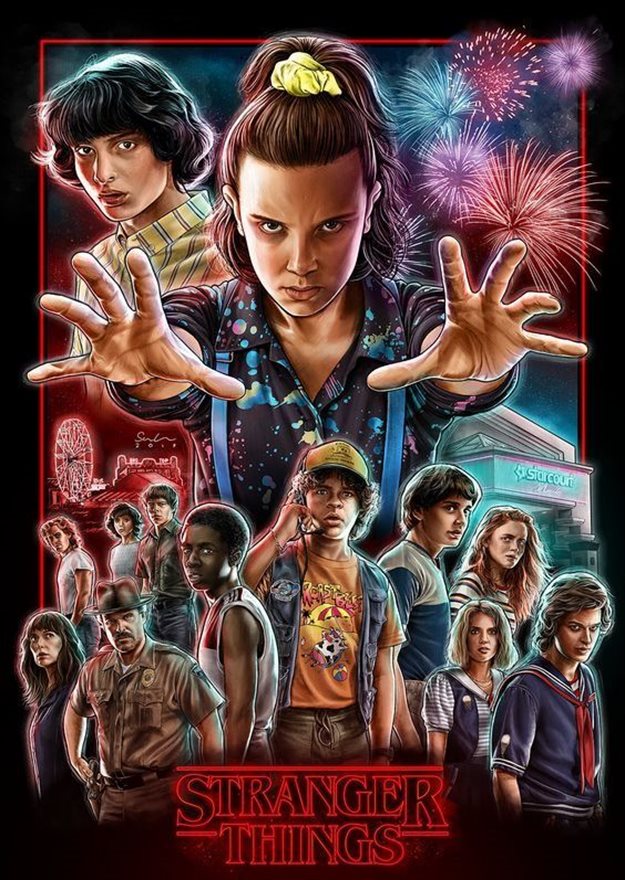#BizTrends2021: Tracking memories and using nostalgia
Past trends also reveal that economic uncertainty often alters consumption habits and the emergence of new models. Retailers and consumer products companies continue to expand outside of their traditional revenue models to fast-track growth and meet changing consumer preferences.
However, depending on the pandemic's impact, it is likely that the proliferation of new models will continue, but it remains unclear which models will sustain impact in the long run.
With the impact of Covid-19, deductions imply the global economy will return to the end of last year by late 2021 suggesting that the pandemic will cost two years of growth. (Deloitte. 2020. Online. Recovering from Covid-19 – Conserving economic scenarios for resilient leaders)
Locally, a recent study by UNDP states: "South Africa's overall GDP is expected to decline by at least 5.1 and up to 7.9 %t in 2020 and recover slowly through 2024, according to a new UNDP study on the socio-economic impact of Covid-19 in South Africa."
It further states that 54% of households have been pushed out of permanent employment to informal or temporary contracts due to local business's coping methods and that 34% are households are likely to exit the middle class into vulnerability.
Digital acceleration is perhaps the most reflective and logical, evident change that we have witnessed of all trend adoption. Consumers have spent increasing time online with video calls, attending virtual meetings, online shopping, streaming TV shows online and reading content and audiobooks.
However, in contrast to the highly digital progression of online and m-commerce, is the desire for nostalgia. Consumers desirability for more unadorned and untouched, child-like moments manifested in a distinct revert to the ancient past, as well as, a retro-revert to the unmistakable aesthetics of the '80s and '90s.

According to Shutterstock's Creative Trends Report (2019), "…some of the highest year-over-year search increases, are each influenced by an era of design with an emphasis on the brightest and boldest memories by revisiting the past in stunning technicolor."
Shutterstock further references for 'Zine Culture' under the term 'Contemporary Image Collage' as a critical trend amassing a 1,376% searches in 2019. The second, '80's Opulence' and third, 'Yesterday's Tomorrow' indicated impactful searching numbers and key terms searches which include, 'Retrowave', 'Synthwave', and 'Duotone' for a correlating visual core concept think old school video games, bold neon colours and futuristic landscapes.
You might be feeling a sense of déjà vu if you were a child of the '80s or '90s. 80's and early 90's nostalgia have been emerging and tipping at full force.
Series such as Netflix's 'Stranger Things', 'Glow', 'American Horror Story 1984' or 'Cobra Kai' and a good dose of Gaga's Chromatica, The Weeknd, Dua Lipa or Miley Cyrus' latest contribution to the music landscape have given a binge-worthy taste of what is to come in 2021.

Films including, 'Wonder Woman 1984', 'Top Gun – Maverick', 'Ghost Busters 3 – The afterlife’ and 'Coming 2 America' will offer a contemporary perspective of a cult classic or further another plethora of throwback, references through soundtrack k, set design, wardrobe, cars, food styling and more.
References to the 80's deconstructivism and a post-apocalyptic driven by the current zeitgeist but equally so through the pop-cultural nuances such as 'Bladerunner' signifies the 1970's, 1980's and 1990's through popular series or, the upcoming, release of films such as Dune.
All these drivers across product categories and platforms have a full cultural throwback, that both fuels a sense of nostalgia for those aged in the 30's or 40's but equally breathes new life through contemporary thinkers, artists and makers.
There is no doubt these trends are clear and visible to the majority, but tracking the most important influence is wherein the significance lies. We see it emerge but question the motivation, and the most likely explanation is you.
One of the primary driving factors of any nostalgic reawakening is 'The Nostalgia Pendulum', a term, credible observation and theory conceived by Patrick Metzger in his article The Nostalgia Pendulum: A Rolling 30-year cycle of Pop Culture Trends. (Online., 2017).
In the article, Metzger explains, "It takes about 30 years for a critical mass of people who were consumers of culture when they were young to become the creators of culture in their adulthood."
This observation infers that, since most in creative positions lived through the same period, they, in turn, drive this revisit to childhood, repurposing and creating a 'feedback loop' generating a throwback party of all parties and an inevitable finger on the zeitgeist.
In short, we sell our childhood back to ourselves.
What the 'Nostalgia Pendulum' theory allows for us is a means to track the next throwback or revised trend. Once you consider the macro trend and begin to thin slice it with 'localisation', you can identify fashion, music, flavour, and narratives that tap into the current critical mass and prepare for the coming of the next.
Tapping into nostalgic trends, we can offer relief from the present and the fear of the future through, and after Covid, some necessary optimism, with strong links to some of your consumers most fond memories.








